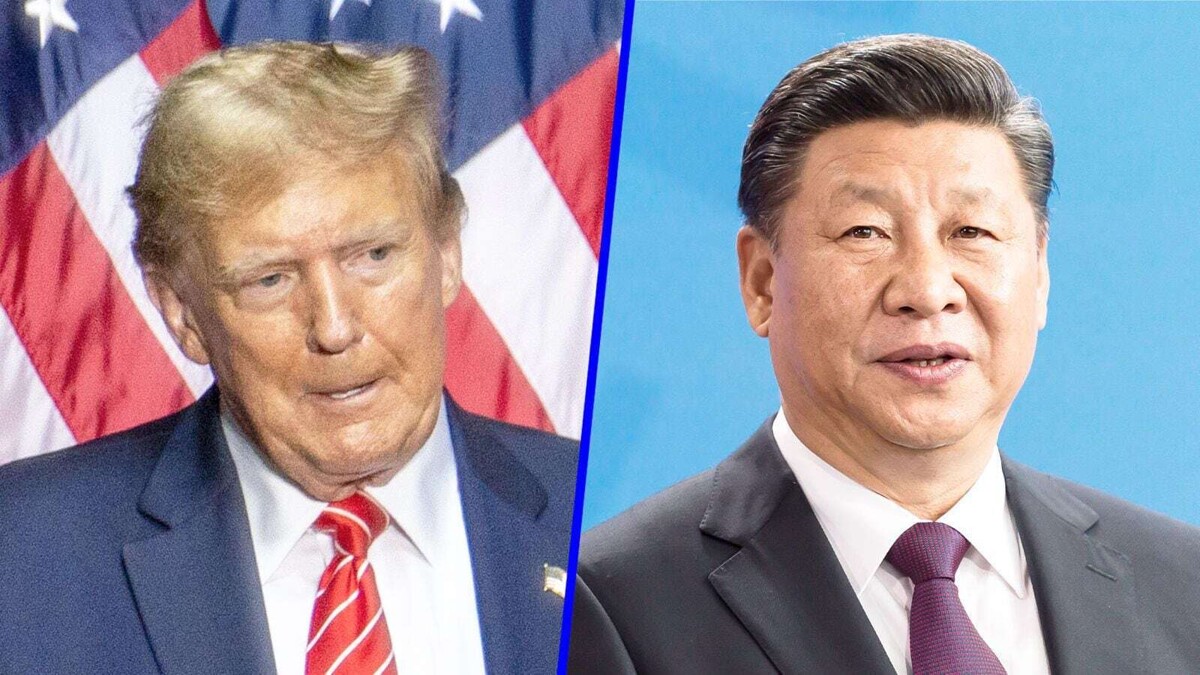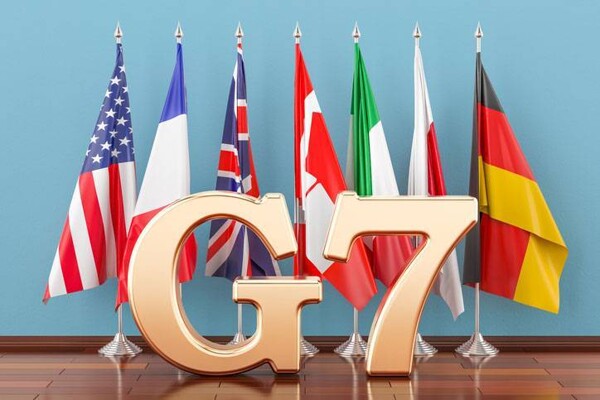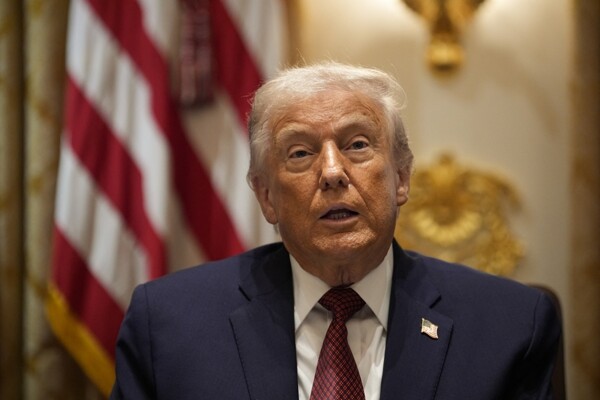
US President Donald Trump has increased pressure on China by introducing an additional tariff of 10 percent on all goods from this country as a penalty for what he called unfair trade practices by the Chinese and inadequate measures to stop fentanyl shipments to the United States. Nevertheless, the president expressed praise for Chinese President Xi Jinping, although he did not specify whether they would communicate directly or when this would take place.
"There is no competition, but the relationships I have with President Xi, I would say, are excellent," Trump stated.
In January 2020, Trump signed a deal with China that was announced as the first phase of a trade agreement, under which Beijing pledged to buy $200 billion worth of additional American goods in the next year and reduce certain trade barriers for American exporters.
"This is very different from the previous administration." Trump's comments regarding China simply "improvisation and do not deserve to be given much importance," added Eddy Zhu, senior strategist at Credit Agricole CIB in Hong Kong.
When asked about the possibility of reaching a new trade agreement with China, the US president told reporters aboard Air Force One that "it is possible." "We had an excellent trade agreement with China," Trump said in this setting on February 19, stressing that he has "very good relations" with Chinese leader Xi Jinping.
Trump did not describe the parameters of a possible agreement, and any agreement will face serious hurdles, some of which were created by the president himself.
However, relations soured only a week after the COVID-19 pandemic crashed into the world, for which Trump blamed China. "They had almost $50 billion worth of our products, and we made them buy it. The problem is that Biden did not put pressure on them," Trump said, referring to his predecessor.
Trump's comments made during the Asia-Pacific market session represent the latest example of the president's ability to influence market sentiment with short comments, causing traders to focus on China and explore the shortcomings of previous relationships while looking for signs of future relations between the United States and China.
The initial reaction was slightly positive. The Chinese yuan rose after Trump's remarks, increasing by 0.2 percent in the offshore market after three consecutive declines. The onshore yuan increased by 0.1 percent. Chinese stocks recorded certain initial losses, and the Hang Seng index, which includes shares of Chinese companies trading in Hong Kong, dropped its daily decline to less than 1.5 percent from a maximum of 2.4 percent.
"Markets are still adapting to the flood of publications on social networks, comments from journalists, and interviews that President Trump gives," said Khun Go, director of research in Asia at ANZ Banking Group. "It is reasonable to assume that there will be obstacles on the way to concluding such a trade agreement."














